-
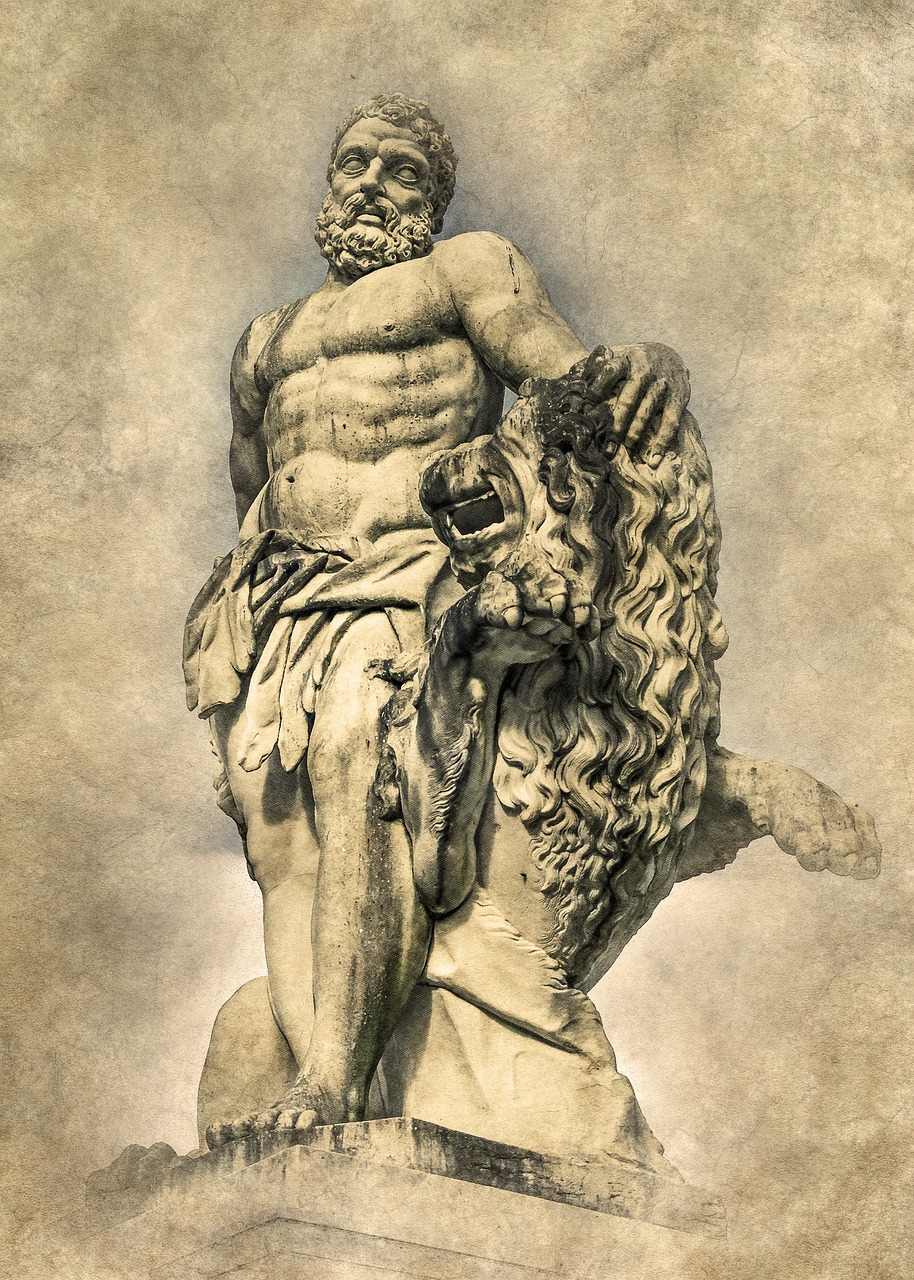
Hercules: The Myth of the Struggling Hero Hercules, a notable figure in mythology, was not a god but a mortal born to a complex lineage. His father, Zeus, held dominion over the Greek pantheon, while his mother, Alcmene, was the granddaughter of Perseus, the famed slayer of Medusa, another of Zeus’s offspring. The constellation named…
-
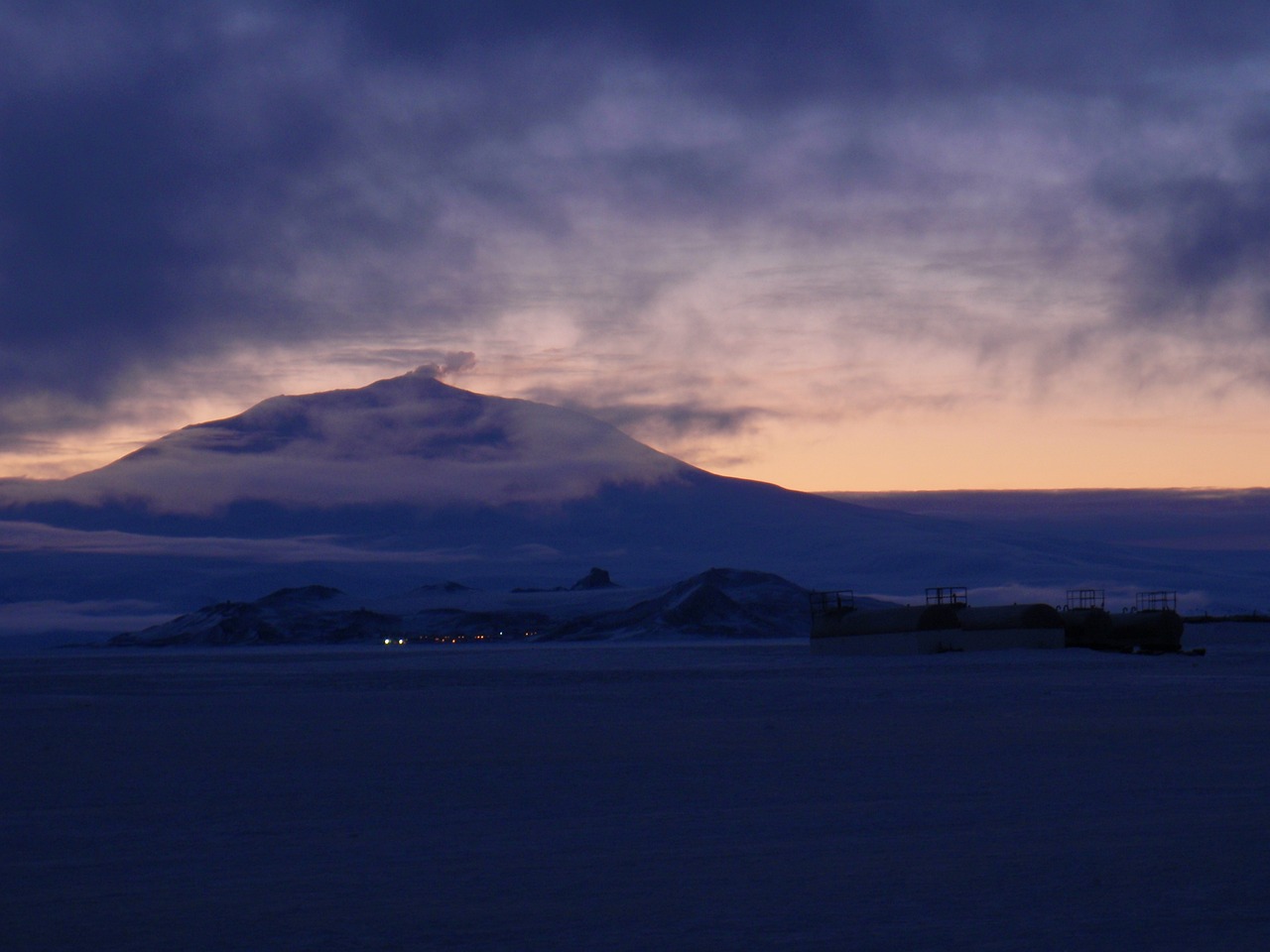
Erebus, in ancient Greek mythology, represents the deity associated with a shadowy domain of the underworld and serves as the embodiment of darkness itself. This primordial figure is traced back to the Greek creation narrative, where he is recognized as a descendant of Chaos, which also is the origin of his spouse, Nyx, the embodiment…
-

The Story of Chiron: The Wise Centaur In the epic “Iliad,” Homer refers to Chiron as the most knowledgeable and fair of all centaurs. His tale begins with a tragic background, tied to the cruel fate of his father Cronus, the Titan god, who consumed each of his offspring at birth to prevent being overthrown.…
-
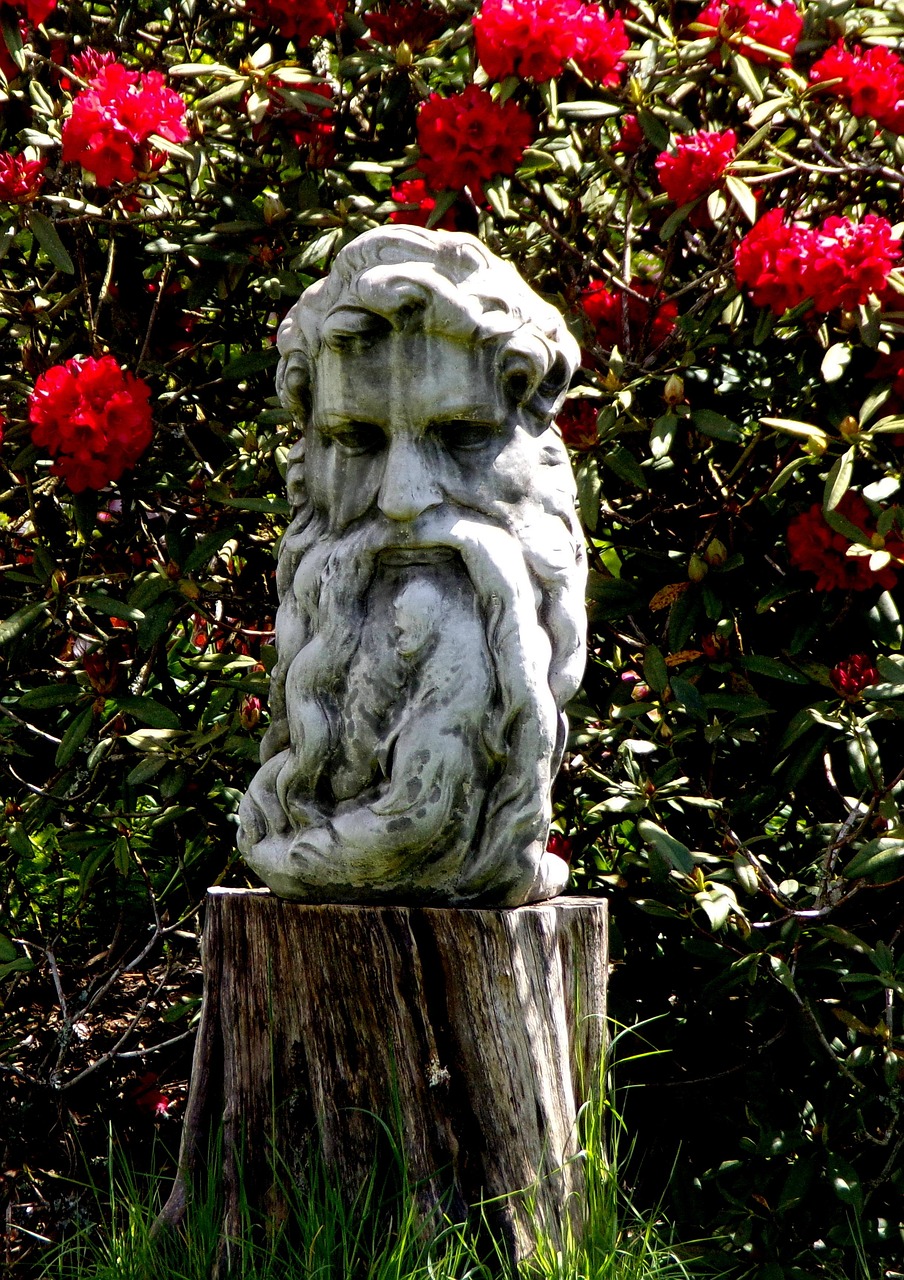
A Journey into the Myth of Dionysus Dionysus, often recognized as the God of Wine, Ecstasy, and Theatre, occupies a distinctive position within the rich tapestry of Greek mythology. This exploration into the life and representations of Dionysus reveals a deity steeped in both celebration and caution, encapsulating the dual forces of joy and chaos…
-
Exploring the Distinct Identities of Heket and Hekate Since becoming a Heketean in 2008, I have encountered the tendency to conflate Heket and Hekate early in my studies, which has long puzzled me. While their similarities in etymology are evident, I felt that any suggested parallels were largely superficial. After creating a brief analysis on…
-

Pomona, also known as Pompona, stands as the Roman goddess symbolizing abundance, with a focus on fruit-bearing trees, gardens, and orchards. Regarded as a minor deity, her symbol was the pruning knife. Some narratives even portray her as a wood nymph rather than a traditional goddess. Historical Background As a uniquely Roman entity, Pomona presided…
-
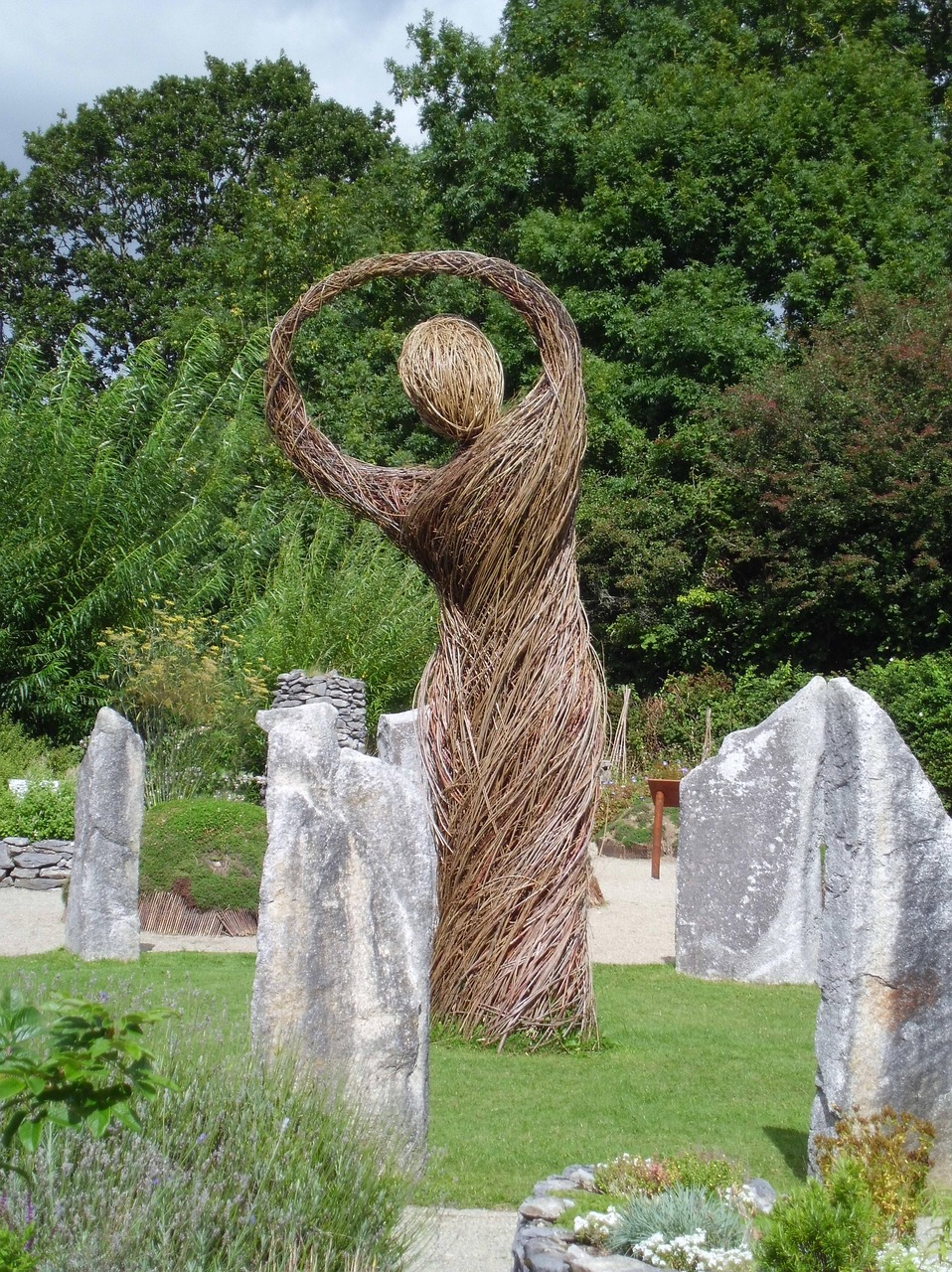
Lughnasadh: A Celestial Celebration of Harvest and Tradition Dive into the vibrant culture of the Celts, exploring the legends, practices, and festivities that shaped their ancient heritage. Among the pivotal celebrations within the Celtic calendar, Lughnasadh—also referred to as Lughnasa—emerges as a cherished festival with extensive historical importance. This composition delves into the essence of…
-
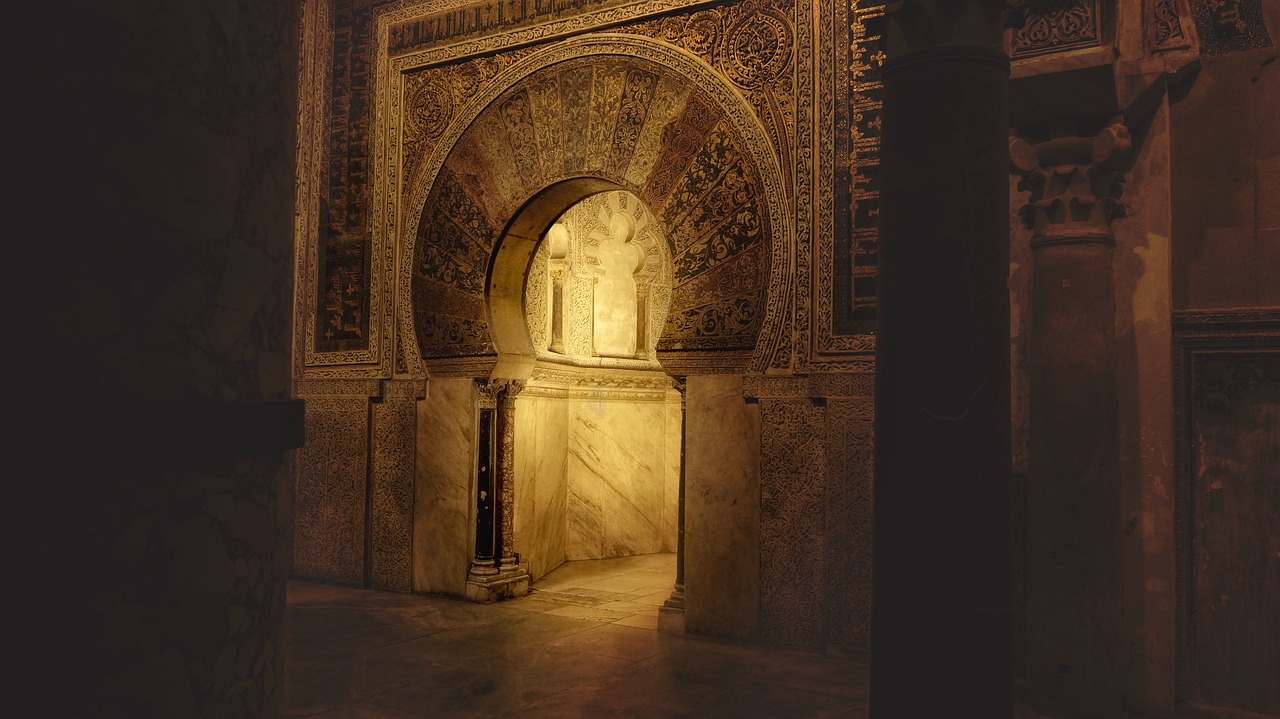
Geb: The Earth God in Ancient Egyptian Mythology In the intriguing realm of ancient mythology, every civilization boasts its own set of deities, divinely tasked with governing various facets of existence and the cosmos. Within the ancient Egyptian belief system, Geb emerged as the powerful deity presiding over the Earth. The Roots of Geb Referred…
-

On a serene summer night filled with the fragrances of heather and honeysuckle, Aengus, the son of Dagda, stirred from his sleep to find a mesmerizing young woman approaching him. Captivated by her beauty and grace, he attempted to speak but she vanished without a trace. Aengus remained in his bed throughout the night, his…
-
Mafdet: The Egyptian Goddess of Justice Mafdet, the revered lion goddess of ancient Egypt, embodies the principles of justice, judgment, and execution. Often portrayed with a lioness’s head and adorned with a headdress of snakes, she is recognized for her fierce nature that conquered snakes and scorpions. As one of the earliest cat deities, Mafdet’s…


